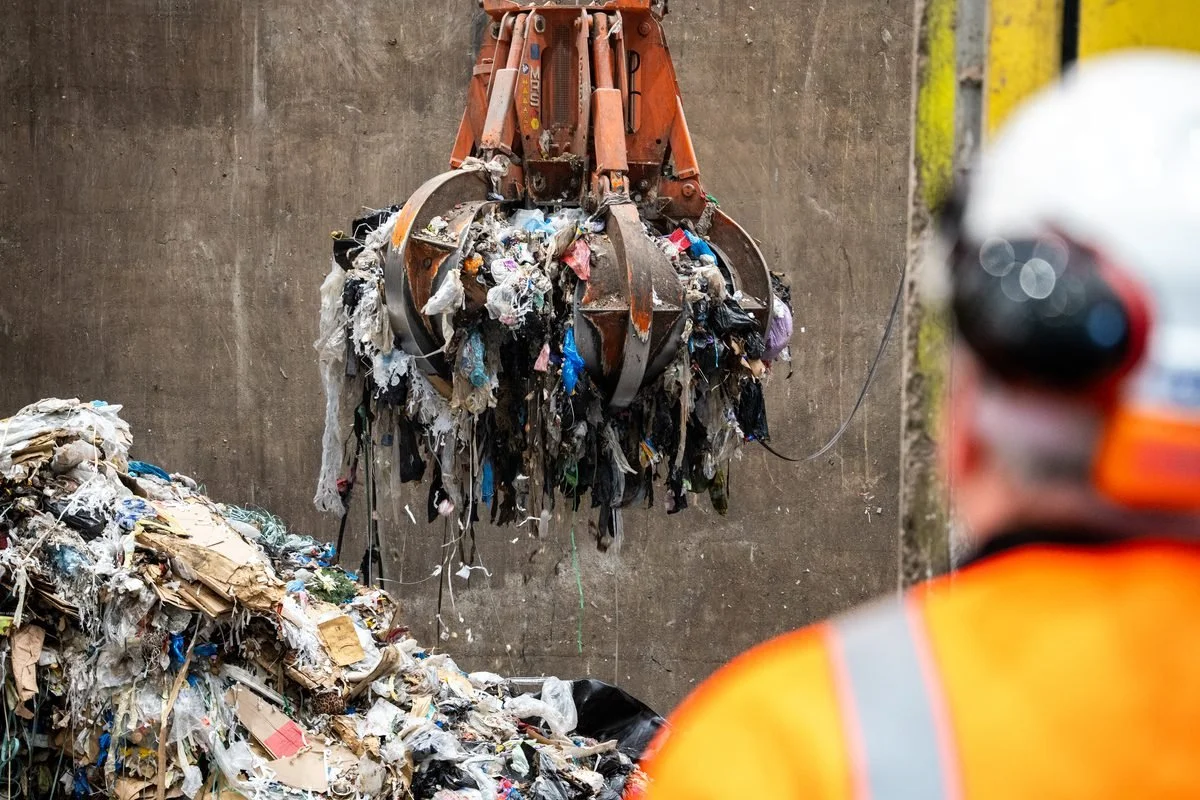Secure a steady stream: Key takeaways for EfW strategy success
Energy from waste projects in Australia
Energy from waste (EfW) facilities are gaining traction in Australia due to landfill reduction policies and resource recovery goals. These facilities convert non-recyclable residual materials into energy, such as electricity, heat, or transport fuels, contributing to energy security while reducing methane emissions from landfill. Advances in EfW technology have improved efficiency and addressed public concerns by lowering emissions, and enhancing project viability. Government support, industry investment, and economic benefits such as job creation further drive adoption. Major projects, such as those being commissioned in Western Australia, highlight EfW’s growing role in Australia’s circular economy and energy mix.
Key takeaways
Waste supply agreements are the backbone of EfW project success.
Waste quality is just as crucial as quantity
Ensuring risk is equitably shared between waste suppliers and facility operators is essential to project resilience
Blended waste streams improve security and performance
Why high-quality waste supply matters more than ever
A consistent, high-quality supply of residual waste is one of the most critical yet often underestimated components of delivering a successful energy-from-waste (EfW) facility. EfW facilities require significant investment, and financiers or investors need assurance that the plant will receive enough waste to operate efficiently. Long-term waste supply agreements provide financial stability by securing predictable revenue streams from waste gate fees. For these facilities to operate efficiently and economically, they require not only a sufficient volume of feedstock but also the right type, delivered consistently and predictably over time.
What makes a good supply agreement?
EfW projects are capital-intensive and long-term in nature. Ensuring risk is equitably shared between waste suppliers and facility operators is essential to project resilience. Key questions include:
Who has responsibility for sub-standard feedstock?
What happens if supply volumes fall short of minimum thresholds? How best are waste reduction strategies coupled with waste supply agreements?
What mechanisms, penalties, incentives, or performance guarantees ensure delivery certainty?
How can parties help to educate waste generators and bring them on the journey?
These settings shape confidence not only between contracting parties but also among financiers, insurers, and regulators.
What we’re learning from other projects
Practical lessons are emerging from projects across Australia and internationally:
Multiple waste supply agreements are needed to underpin the scale of feedstock needed to fuel EfW facilities
Blending municipal and C&I waste streams can improve volume security
Clear, enforceable waste quality standards are essential
Minimum volume guarantees enhance financial predictability
Contract flexibility supports adaptation to evolving policy and material flows
Risk-sharing models, including adaptive pricing mechanisms, help support parties’ mutual objectives
It’s more than just procurement — it’s strategic design
Waste contracting shouldn’t be treated as a transactional step in project development. It is a core strategic design element influencing infrastructure performance, lifecycle emissions, stakeholder confidence, and long-term commercial viability. It takes time and dedication by teams who understand the broader context. The ability to match technical realities with commercial arrangements is fast becoming a defining competency in successful EfW delivery.
Looking ahead: decisions that shape outcomes as Australia increases its investment in EfW
As Australia increases its investment in EfW infrastructure, waste contracting frameworks will increasingly determine which projects succeed and which stall. Agreements must be resilient, not only suited to today’s waste system, but also responsive to a shifting policy landscape, evolving technology, and changes in material recovery practices.
The success of an EfW facility hinges on its inputs. Poorly structured agreements can undermine operations, expose investors to risk, and erode public trust. By designing adaptable, performance-driven contracts, Australia can ensure EfW projects deliver environmental and economic benefits while maintaining public trust.
This is where a specialist advisory partner can make a material difference. Sphere Infrastructure works alongside councils, developers, and investors to design fit-for-purpose waste contracting strategies that balance risk, support long-term delivery, and embed flexibility for future change. If you're navigating the complexity of EfW project development, we can help you move with clarity and confidence.

